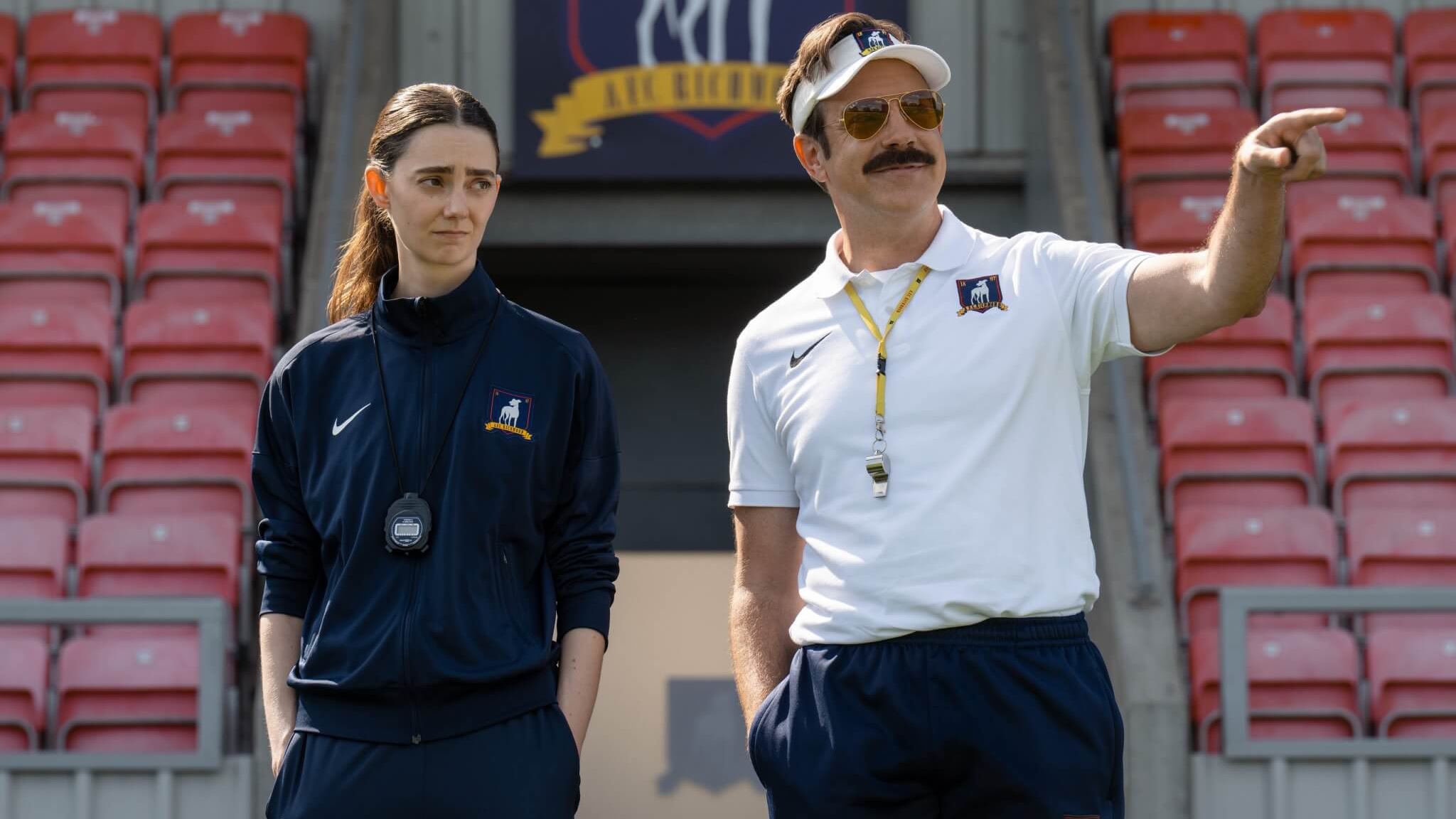Rory McIlroy reveals impressive sleep routine as he aims for success in US Open
I'm a sleep expert and I think Rory McIlory's nighttime routine is a hole in one
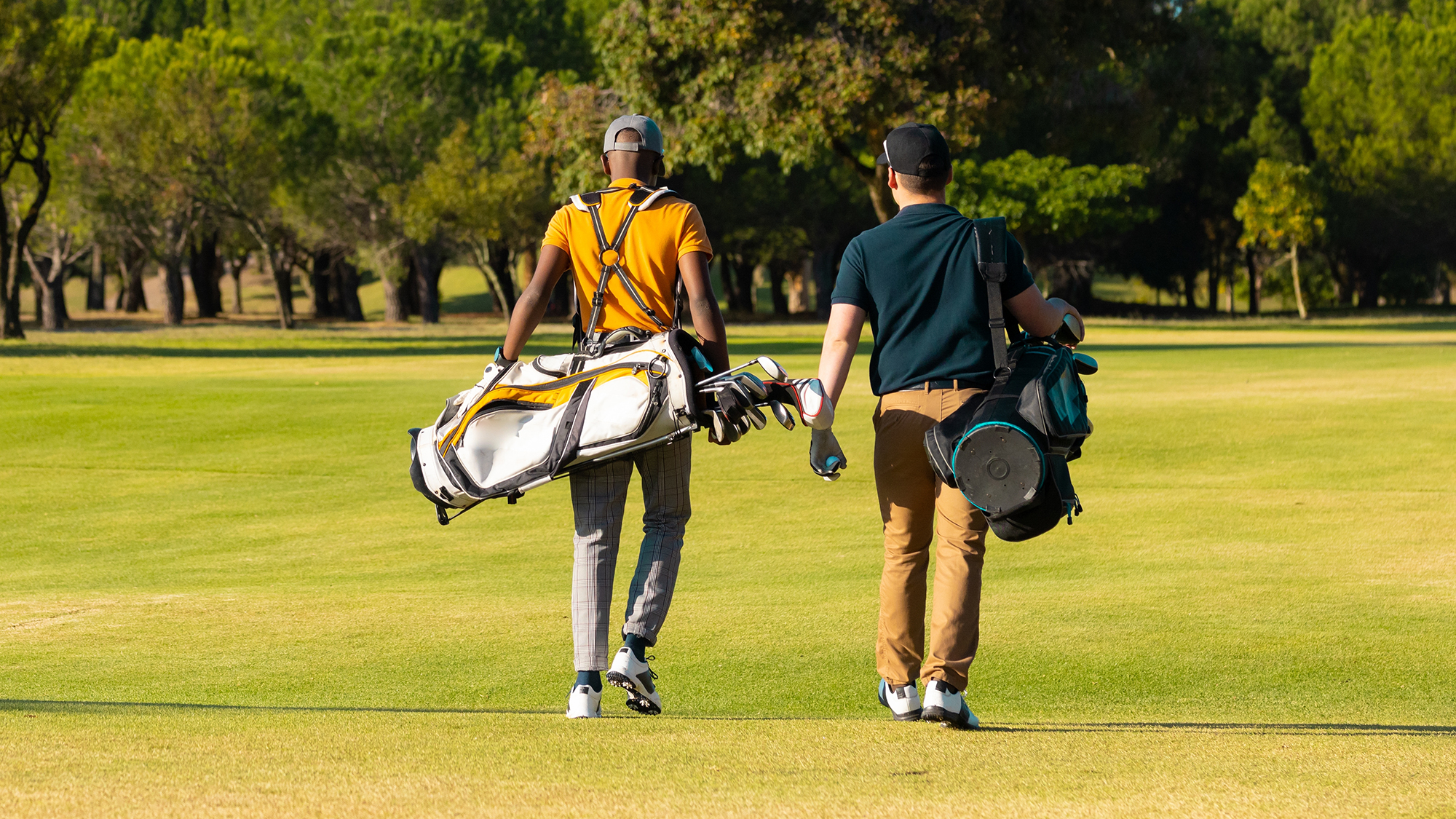
As Rory McIlroy tees off at the US Open, he's already hit a hole in one with his impressive sleep routine.
Speaking to wearable technology company WHOOP, golf superstar McIlroy detailed the meticulous sleep routine that allows him to "wake up feeling rested and recovered and ready to go."
From early meals to hot baths, we think these achievable sleep tips come in several strokes under par.
Teeing up good night's rest can help you improve your handicap, stay alert as you follow the action at the US Open and even power your way through that tricky eighth at Oakmont Country Club. Here's how McIlroy is doing it...
6 sleep tips to try tonight — tested and approved by Rory McIlroy
1. Cut down on caffeine after 2pm
Caffeine increases alertness by blocking certain sleep-inducing receptors in the brain — but you knew that already.
What you might not be aware of is how long caffeine lasts in the body. Caffeine has an average half life of around five to six hours, which means a 4pm cup of coffee is still sloshing around your system when you go to bed.
It's like a bad first tee shot. Not enough to ruin your round but lingering on your card throughout your game.
Get instant access to breaking news, the hottest reviews, great deals and helpful tips.
McIlroy tries to avoid caffeine post-2pm and we think that's a good time for your final Americano; it gets you through the afternoon slump while minimizing the impact on your sleep.
2. Finish eating at least two hours before bed
McIlroy might be hoping for an early tee time this week if he wants to maintain his habit of eating at least two hours before bed. (Sounds like he might want to look into the 10-3-2-1-0 sleep method.)
Early dinners give your body plenty of time to finish digestion, which means by the time you climb under the covers, every part of you can focus on sleep. This also reduces the risk of indigestion.
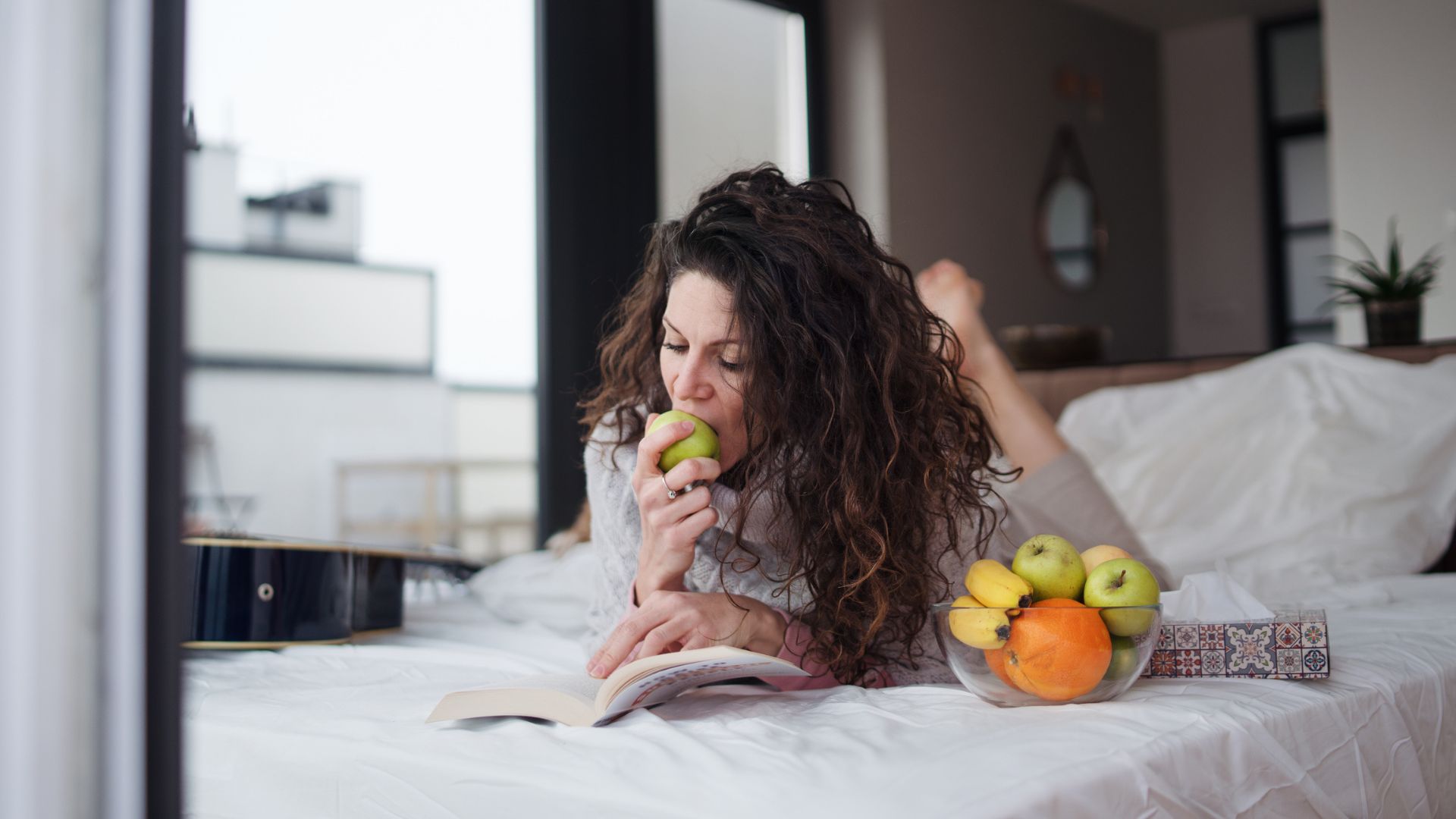
And the earlier you eat, the less you have to worry about a burst of energy from any sugary foods that might have made their way onto your plate...
3. Boost your sleep health with supplements
Magnesium and L-theanine supplements are commonly used to improve sleep — McIlroy incorporates both into his evening routine to "put [him] in a relaxed state."
There's science to back it up: magnesium deficiency has been linked to poor sleep and amino acid L-theanine is associated with calm.
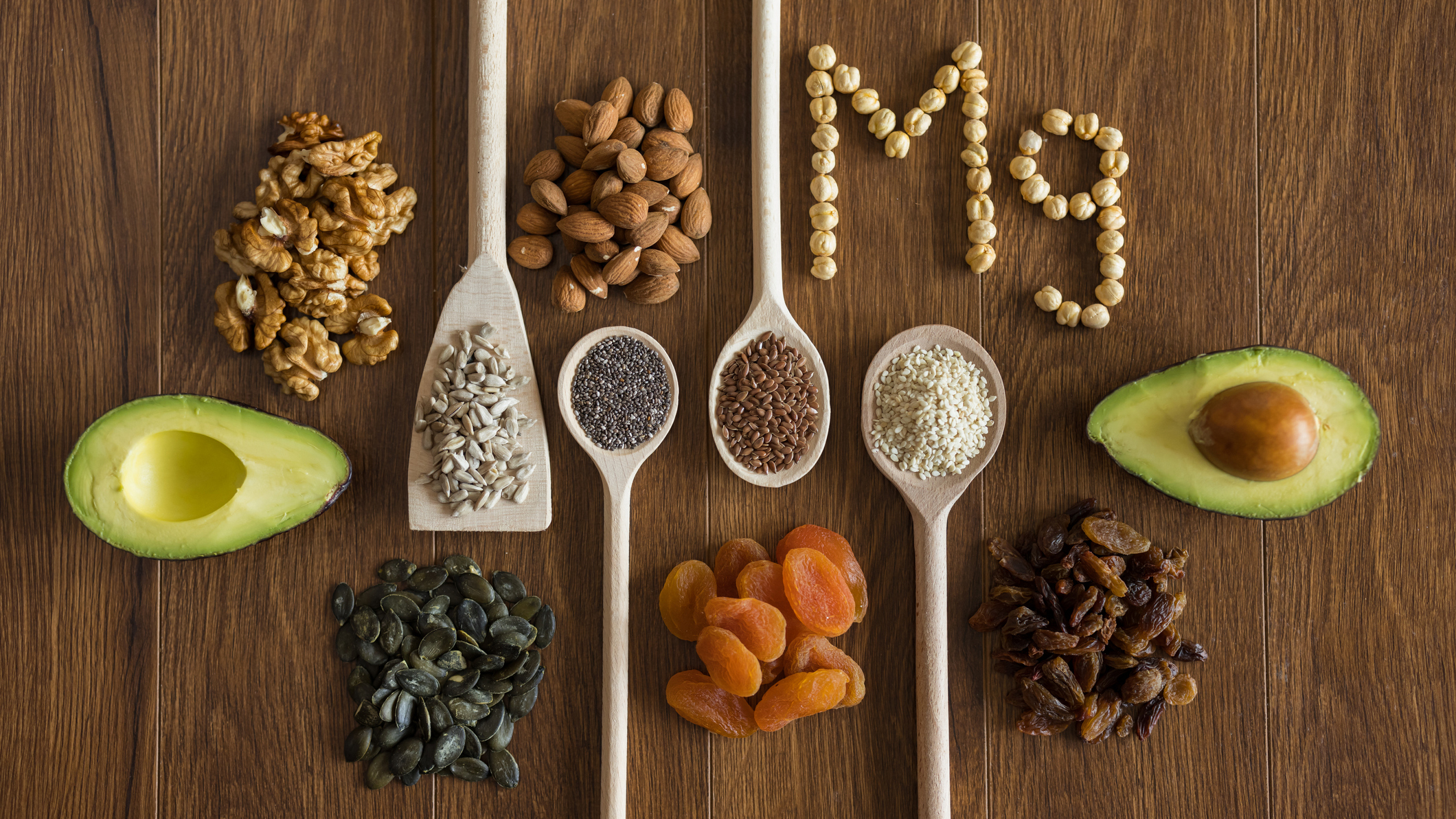
However, if you're getting enough L-theanine and magnesium in your diet, supplements are unlikely to have an impact on your rest.
As a professional athlete, we assume McIlroy keeps tight control over his diet. For the rest of us, look out for magnesium-rich foods such as legumes and leafy greens, while theanine can be found in green and black tea.
4. Reduce blue light exposure
Blue light is emitted by LED screens and smartphones but the most common source of blue light exposure is actually the sun.
Seeing blue light from the sun kicks off your circadian rhythm, telling your body to get up and go. It's why we recommend opening your curtains first thing in the morning.
Evening exposure to blue light (from your phone, for example) has the same effect. Only by this time of day, alertness is not what your body needs.
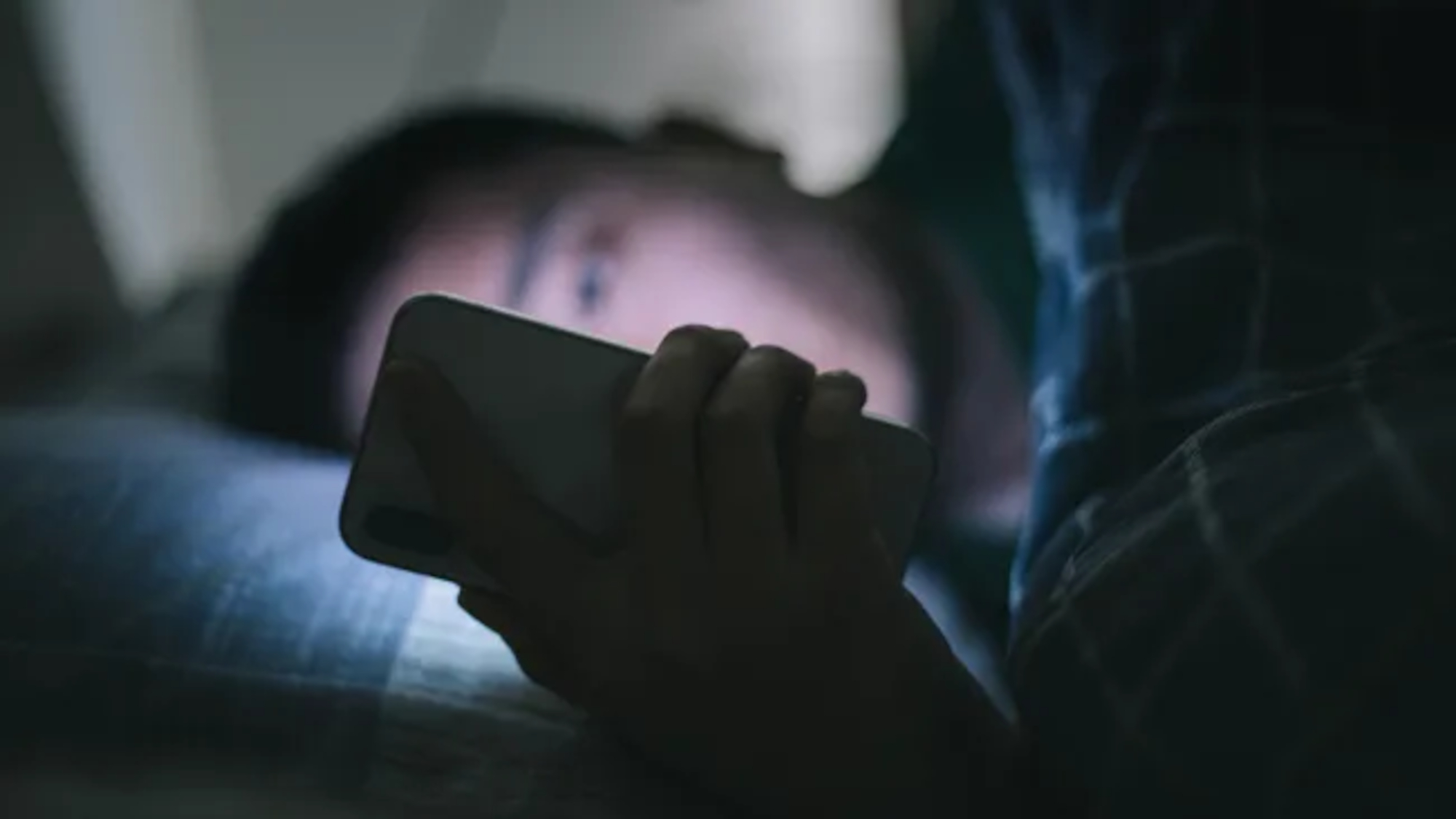
As part of his pre-bed prep, McIlroy puts blue light blocking glasses on around "5 or 6pm." These glasses claim to filter out the blue part of the light spectrum, but the science is inconclusive.
“Simply making a conscious effort to limit phone use and time on digital devices before bed can go a long way to improving your ability to fall asleep,” recommends George Sfintescu, sleep expert at specialist bed manufacturer Get Laid Beds.
5. Take a warm bath
For active lifestyles a warm bath before bed can deliver much-needed muscle relief, particularly when paired with McIlroy-approved Epsom salts (he also suggests a sauna but you're less likely to have one readily available.)
As well as soothing the body, a warm bath can ease the mind, helping you switch off busy thoughts and focus on relaxation.
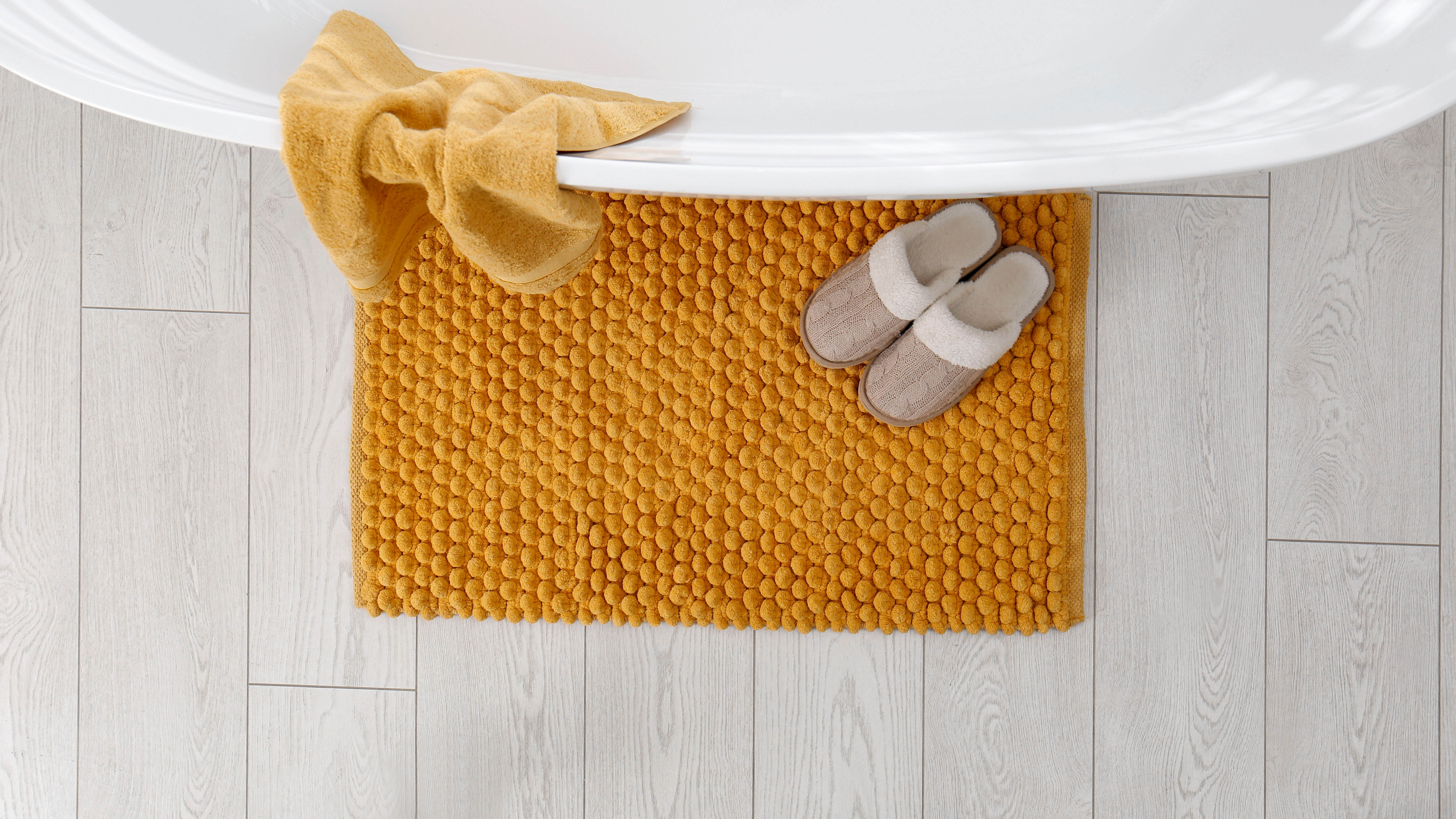
Finally, a warm bath can have the slightly surprising effect of cooling the body. You might heat up when in the water but once you step out of the bathroom your core temperature drops.
And a cooler core is preferable for sleep, which brings us to McIlroy's next tip...
6. Keep your room cool
Many of us crank the heat up before going to bed, trying to achieve a 'cozy' feel. But much like golf, this is one area where lower numbers are better.
McIlroy describes his room as "pretty cold" but let's get into specifics: the best temperature for sleep is between 65 to 70 degrees F.
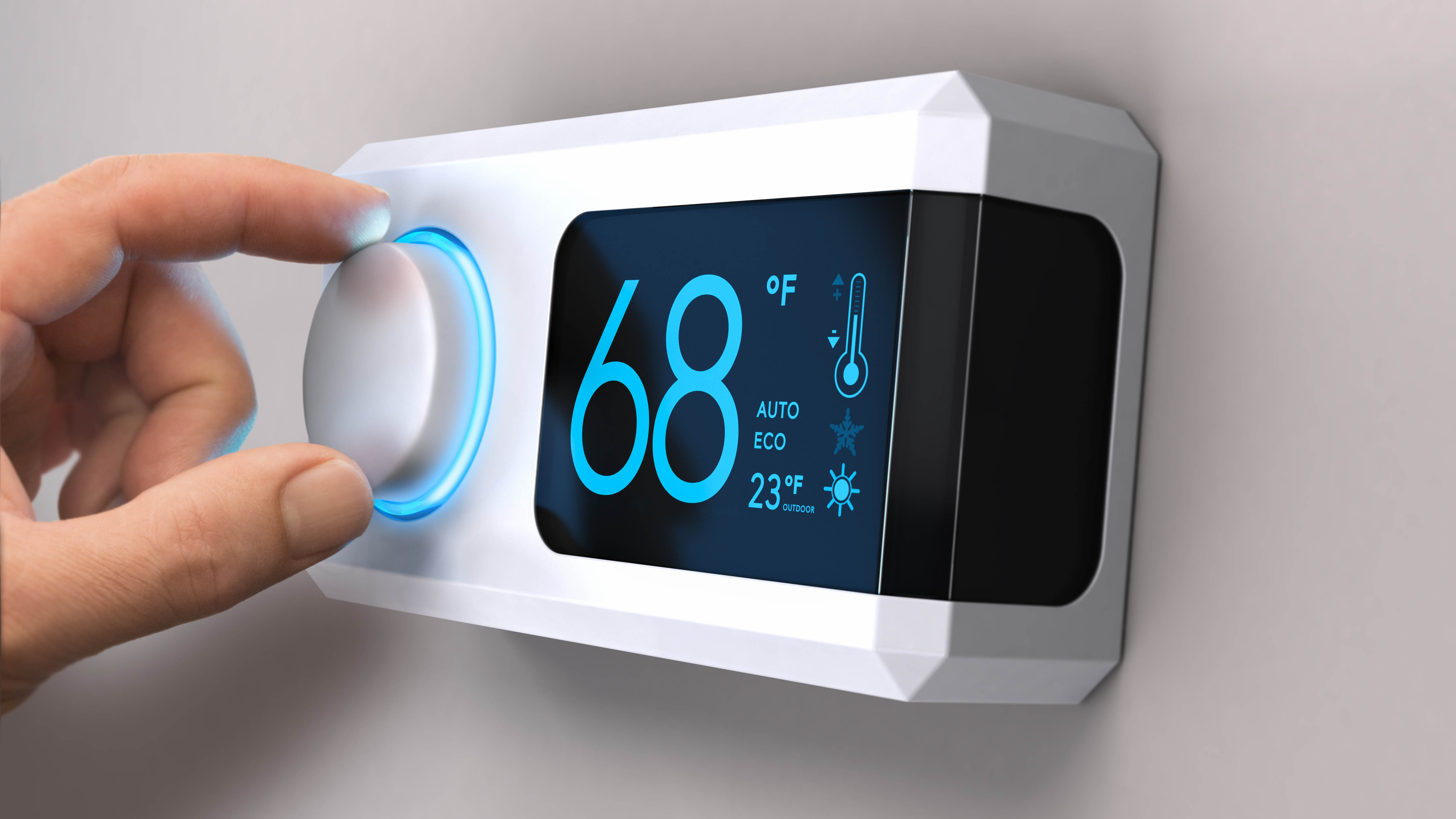
Your body naturally cools in the evening, reflecting the temperature drop happening as day turns to night and signaling that it's time to sleep. A cooler bedroom facilitates this change.
The best cooling mattresses maintain this optimal temperature all night long. But if a new mattress isn't in the cards we have advice that can help you sleep better this summer — including an unexpected mattress relocation tip.
But his best piece of advice? "Discipline"
McIlroy describes himself as "not one of the younger guys" (he's 36 but try not to take it personally) and emphasizes the importance of being "disciplined" in his sleep and recovery process.
While non-professional golfers perhaps don't need the rigorous recovery process of McIlroy, sticking to a routine is the real hole in one when it comes to sleep advice.
Routine helps teach your body when to fall asleep and when to wake up, so even if your discipline slips (like if you're celebrating your first major win in 11 years) you can quickly get back into good habits.
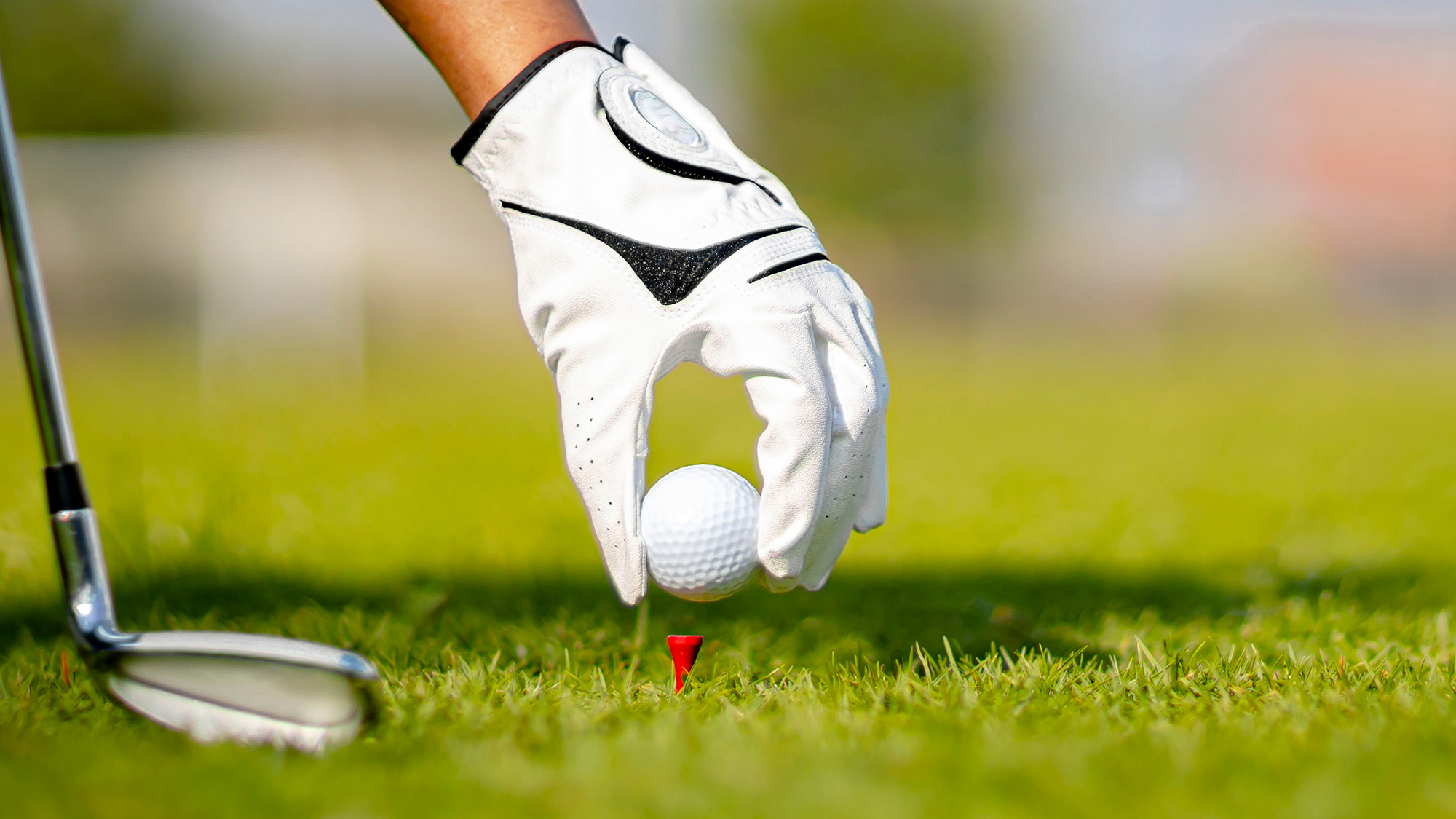
Routine is also a benefit during times of stress — like the night after a missed deadline, awkward conversation or 2011 Augusta blowout.
Rather than lying awake and ruminating on your mistakes, your body knows it's time to sleep and can drift off easier.
McIlroy also acknowledges that he doesn't have time for his full routine every night but he knows if he can get most of those habits in he'll have a "pretty good night's rest."
Not joining the action in Pennsylvania? While we don't recommend staying up into the early hours to watch a golf tournament, we understand replays just aren't the same — so follow our tips for staying awake after a sleepless night.

Ruth is an experienced Senior Staff writer at Tom’s Guide, covering all things sleep and mattresses. She writes to help people sleep better, from how-tos to the latest deals to mattress reviews, and has interviewed an array of experts who share her passion. She is also our specialist on memory foam — she’s flown around the world to see memory foam being made — and leads our hotel mattress content. She has a deep interest in the link between sleep and health, and has tried enough mattresses, from Helix to Nectar to Simba, to know the right bed really can make a difference to your wellbeing. Before joining the team at Tom’s Guide, Ruth worked as a sleep and mattress writer for our sister website, TechRadar.
You must confirm your public display name before commenting
Please logout and then login again, you will then be prompted to enter your display name.
 Club Benefits
Club Benefits





